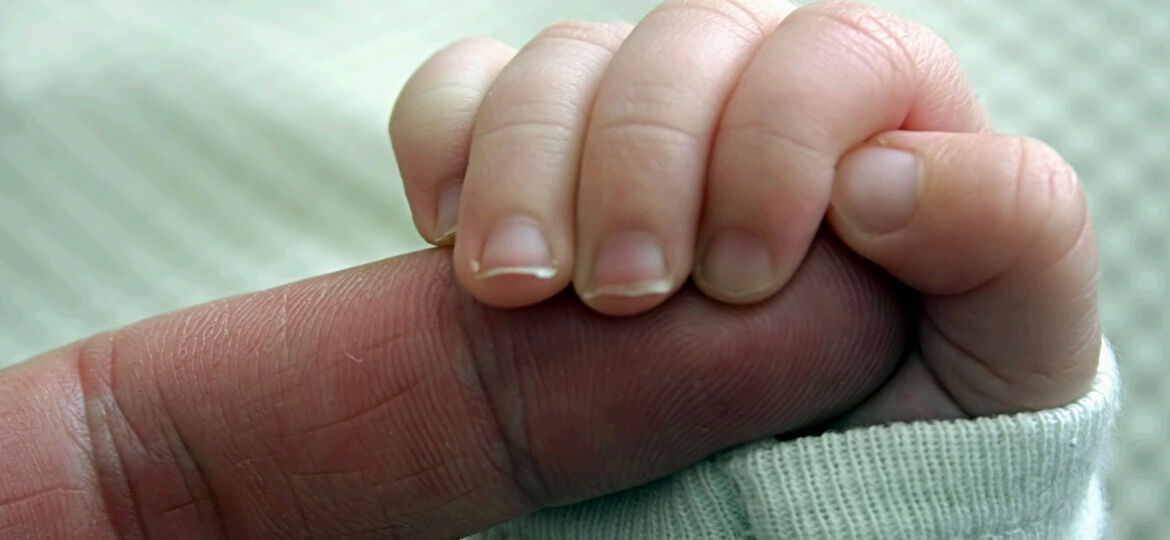
WHY THIS MATTERS IN BRIEF
Many people take the sense of touch for granted but for those people with neurodegenerative disorders, or who have prosthetic limbs, it’s the sense they miss the most, now a new breakthrough could give them, as well as future robots, that sense of touch back.
Soft and gentle are two words that aren’t commonly associated with robots – unless it’s the velvety bristles of an iRobot vacuum cleaner but now, thanks to a team of researchers at Cornell University, future androids may well have an especially delicate touch.
Using extra sensitive optical detectors built into a soft prosthetic hand the researchers managed to demonstrate a prototype artificial hand that could tell by touch whether fruit is ripe, and that could modify the pressure it exerted on a material simply in response to the way it feels.
The prototype used of a combination of LEDs and photosensors which were built into 3D printed bendable tubes – known in the business as “elastomeric optical waveguides” – and which can be used to detect things such as curvature, elongation, and force, and then these tubes were inserted into a stretchable, soft, 3D printed artificial hand, allowing the researchers in the Organic Robotics Lab at Cornell to use them to electronically register pressure, texture and position – and control the hand accordingly.
“Most robots today have sensors on the outside of the body that detect things from the surface,” said Cornell doctoral student Huichan Zhao, “our sensors are integrated within the body, so they can actually detect forces being transmitted through the thickness of the robot, a lot like we and all organisms do when we feel pain, for example.”
In this human like form, the researchers were able to use the hand to carry out a number of tasks, such as holding an object with an appropriate amount of pressure and feeling an object to determine its shape and texture, and in one particularly impressive feat, the prosthesis used a lateral scanning, shape reconstruction technique to figure out the shape and location of three tomatoes and then determined, by softness, which one was the ripest.
While the new system is still in the early stages of development the team believes that with further improvement it might one day be able to be combined and incorporated with a myriad of other technologies, such as artificial skin, neural chips or other forms of brain computer interfaces to help people who’ve lost limbs regain a near human level sense of touch. It could also one day be integrated into a soft, or organic, robot to give it a sense of touch too, but for now the researchers are sticking with human applications.

















[…] have been developed that allow people to manipulate robotic arms using just their thoughts, and feel sensations. It’s also conceivable that through the coming Internet of Things (IoT) you will be able to […]